Why you should really take a nap this afternoon, according to science
Want to get happier and smarter? Take a snooze.
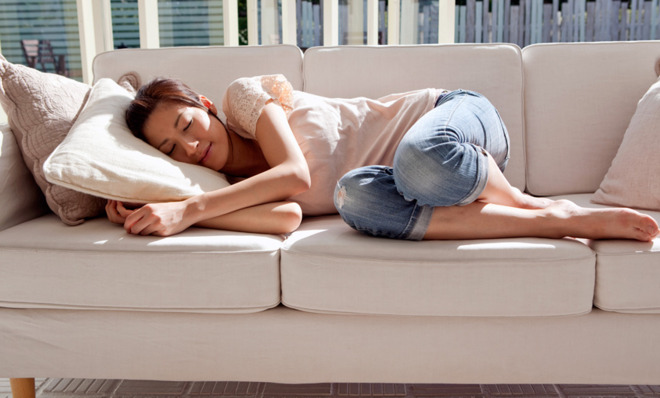

When you make a purchase through links on our site, we may earn a commission
For many of us, more hours of shut-eye at night just doesn't seem to be in the cards. Is there anything we can do? Yes. Naps. Wonderful, glorious naps. They're not a full-on substitute for lack of sleep but they can do much more than you think and in less time than you'd guess. Without them, you're going to be a mess. Here's why.
Wanna be dumb and ugly?
The Week
Escape your echo chamber. Get the facts behind the news, plus analysis from multiple perspectives.

Sign up for The Week's Free Newsletters
From our morning news briefing to a weekly Good News Newsletter, get the best of The Week delivered directly to your inbox.
From our morning news briefing to a weekly Good News Newsletter, get the best of The Week delivered directly to your inbox.
Lack of sleep not only makes you ugly and sick, it also makes you dumb: missing shut-eye makes sixth graders as smart as fourth graders.
And if that's not enough, lack of sleep contributes to an early death.
Starting in the mid-1980s, researchers from University College London spent twenty years examining the relationship between sleep patterns and life expectancy in more than 10,000 British civil servants. The results, published in 2007, revealed that participants who obtained two hours less sleep a night than they required nearly doubled their risk of death. [Night School]
Maybe you think you don't need all that much sleep. You're wrong.
Less than 3 percent of people are actually 100 percent on less than eight hours a night. But you feel fine, you say? That's the fascinating thing about chronic sleep debt. Research shows you don't notice it — even as you keep messing things up. In her TED talk, Sara Mednick, author of Take a Nap! Change Your Life, gives the rundown:
A free daily email with the biggest news stories of the day – and the best features from TheWeek.com
Now here's the part you've probably never heard:
Eight hours might not even be enough. Give people 10 hours and they perform even better.
Timothy Roehrs and Thomas Roth at the Sleep Disorders Research Center of the Henry Ford Hospital in Detroit, Michigan, have demonstrated that alertness significantly increases when eight-hour sleepers who claim to be well rested get an additional two hours of sleep. Energy, vigilance, and the ability to effectively process information are all enhanced, as are critical thinking skills and creativity. [Power Sleep]
I know what you're thinking: 10 hours a night? I don't have time for that. I barely have time to read this post. Is there a compromise? Naps. Can closing your eyes for a few minutes really make that much of a difference? Keep reading.
NASA says you should sleep on the job
Research shows naps increase performance. NASA found pilots who take a 25 minute nap are 35 percent more alert and twice as focused.
Research by NASA revealed that pilots who take a 25-minute nap in the cockpit — hopefully with a co-pilot taking over the controls — are subsequently 35 percent more alert, and twice as focused, than their non-napping colleagues. [Night School]
Little siestas helped people across a whole host of measures. Improved reaction time, fewer errors…
NASA found that naps made you smarter — even in the absence of a good night's sleep.
If you can't get in a full night's sleep, you can still improve the ability of your brain to synthesize new information by taking a nap. In a study funded by NASA, David Dinges, a professor at the University of Pennsylvania, and a team of researchers found that letting astronauts sleep for as little as 15 minutes markedly improved their cognitive performance, even when the nap didn't lead to an increase in alertness or the ability to pay more attention to a boring task. [Dreamland: Adventures in the Strange Science of Sleep]
Study after study has shown naps boost learning.
Researchers at the University of California, Berkeley, found that napping for ninety minutes improved memory scores by 10 percent, while skipping a nap made them decline by 10 percent. [The Little Book of Talent: 52 Tips for Improving Your Skills]
And naps make you happier. Studies show we can process negative thoughts quite well when we're exhausted — just not the happy ones.
Negative stimuli get processed by the amygdala; positive or neutral memories get processed by the hippocampus. Sleep deprivation hits the hippocampus harder than the amygdala. The result is that sleep-deprived people fail to recall pleasant memories, yet recall gloomy memories just fine. [NurtureShock]
What's not to love? I know. You're busy. You'll just have another cup of coffee. Sorry, research shows naps beat caffeine.
So how do you nap the right way? How do you get the results you want with minimal effort? Here's what science says.
The perfect nap for you
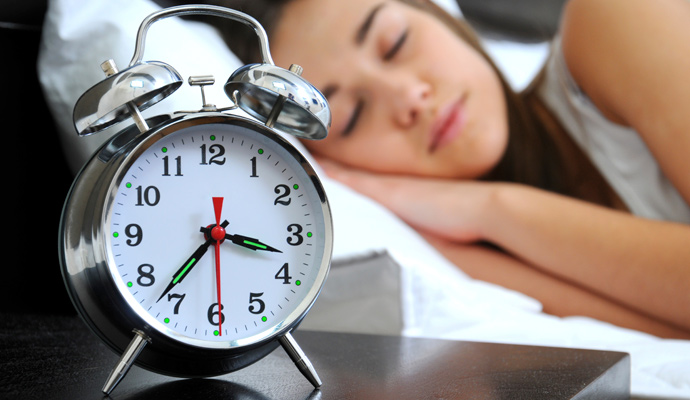
Whatever your limitations and desires, there's a nap for you. Looking at research from Richard Wiseman and the WSJ, here's a breakdown.
Which one describes what you need?
1) "I just need to be more alert and focused":
Take a 10-20 minute nap. You'll get a boost in alertness and focus for two hours or more, pay off a little sleep debt, and even reduce blood pressure.
2) "Brain no working. Need smartz":
Consider a 60 minute nap. You'll get all the benefits of the 10-20 minute nap while also improving memory and learning.
But be warned: 60 minute naps cause grogginess.
3) "I want it all, baby":
Take a 90 minute nap. This allows your brain to experience a complete sleep cycle.
You'll get the full whack: increased alertness, memory, learning, creativity, and performance — with no post-nap grogginess.
4) "I don't know what I want but you've scared me into napping and I don't have much time":
Go with 10 minutes. It beat five, 20, or 30 minute naps in a comparative research study.
5) "I don't have enough time to tell you how little time I have":
No nap is too short: "A 2008 study showed that even a nap of a few minutes provided benefits. Just anticipating a nap lowers blood pressure."
Got more questions? I have answers:
When is the best time to nap? Salk Institute researcher Sara Mednick generally recommends you nap approximately six to seven hours after waking.
Trouble falling asleep? Write down any worries and think positive (but not exciting) thoughts. Trying too hard to sleep is counterproductive.
Worried you won't wake up in time? Richard Wiseman recommends a cup of coffee immediately before napping. The caffeine will kick in 25 minutes after you lay down.
Sum up
We'd all be better off with 10 hours of sleep a night — but that's not going to happen for most of us.
Naps can boost performance and help make up for some of the problems sleep deprivation can cause.
Learn the sleep secrets of astronauts here and a neuroscientist's recommendations for the best way to use caffeine here.
In the meantime, see if you can sneak a nap this afternoon. As Groucho Marx once said:
Anything that can't be done in bed isn't worth doing at all.
Join 90K+ readers. Get a free weekly update via email here.
More from Barking Up The Wrong Tree...
-
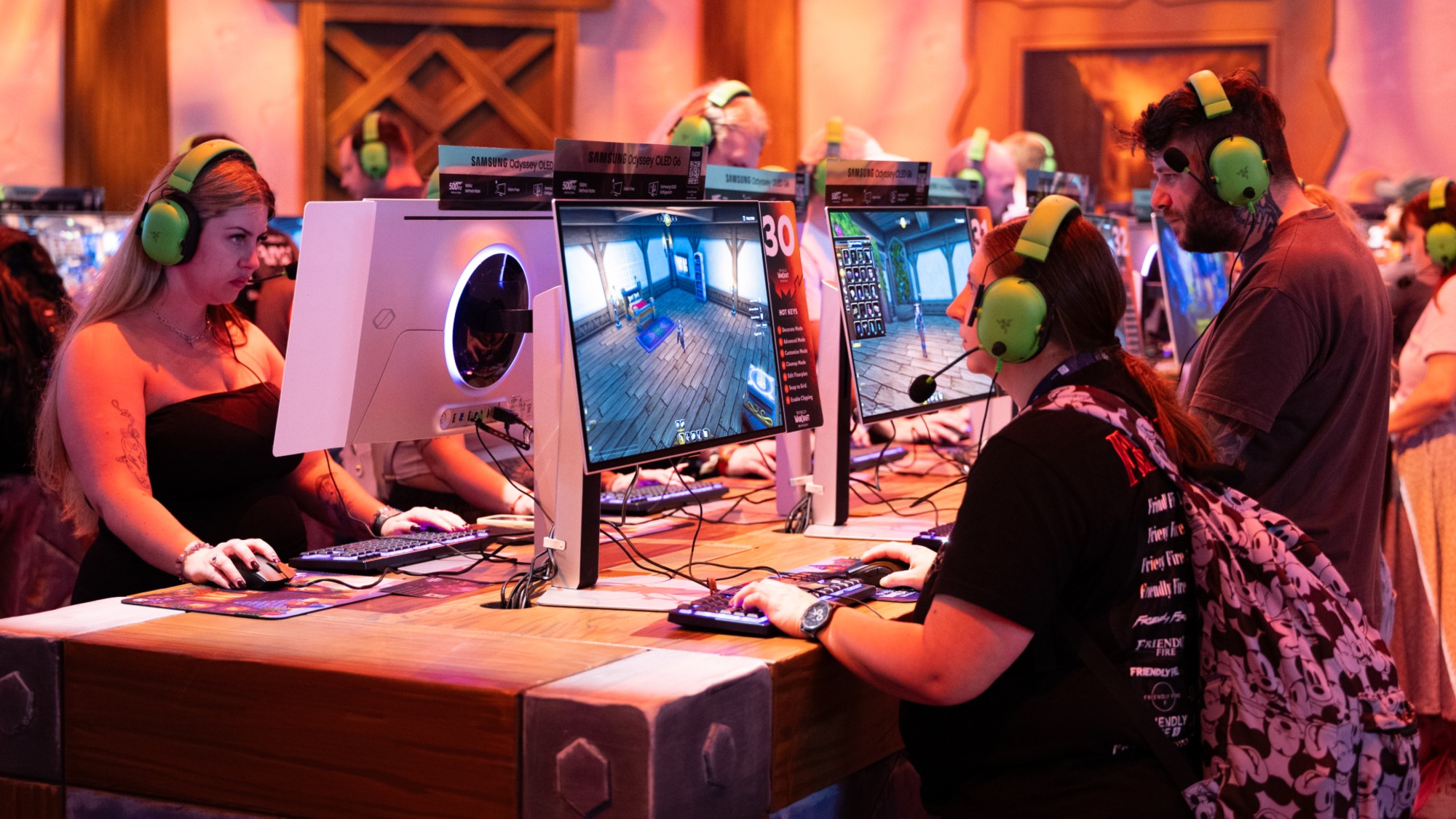 ‘They’re nervous about playing the game’
‘They’re nervous about playing the game’Instant Opinion Opinion, comment and editorials of the day
-
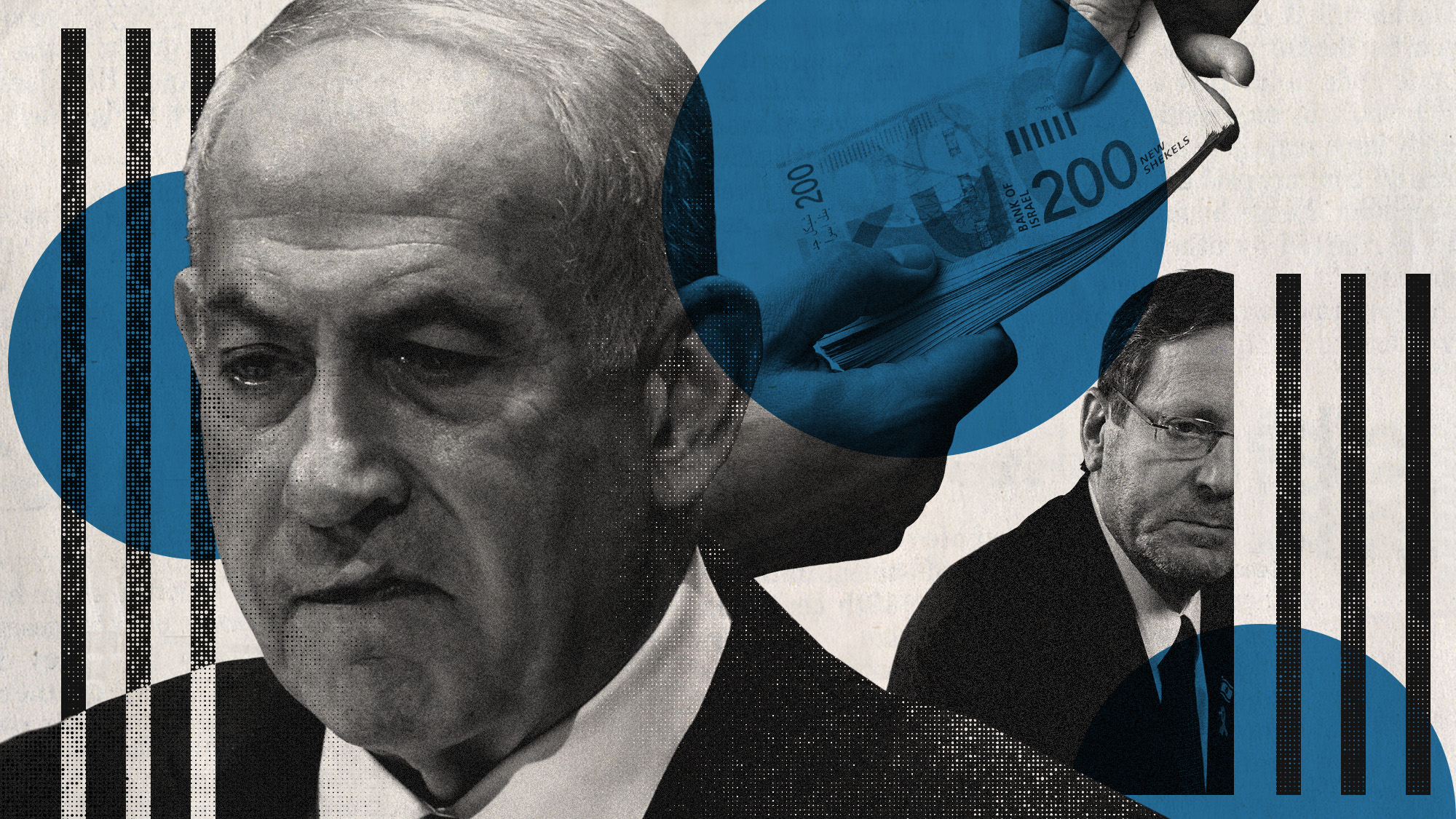 Will Netanyahu get a pardon?
Will Netanyahu get a pardon?Today's Big Question Opponents say yes, if he steps down
-
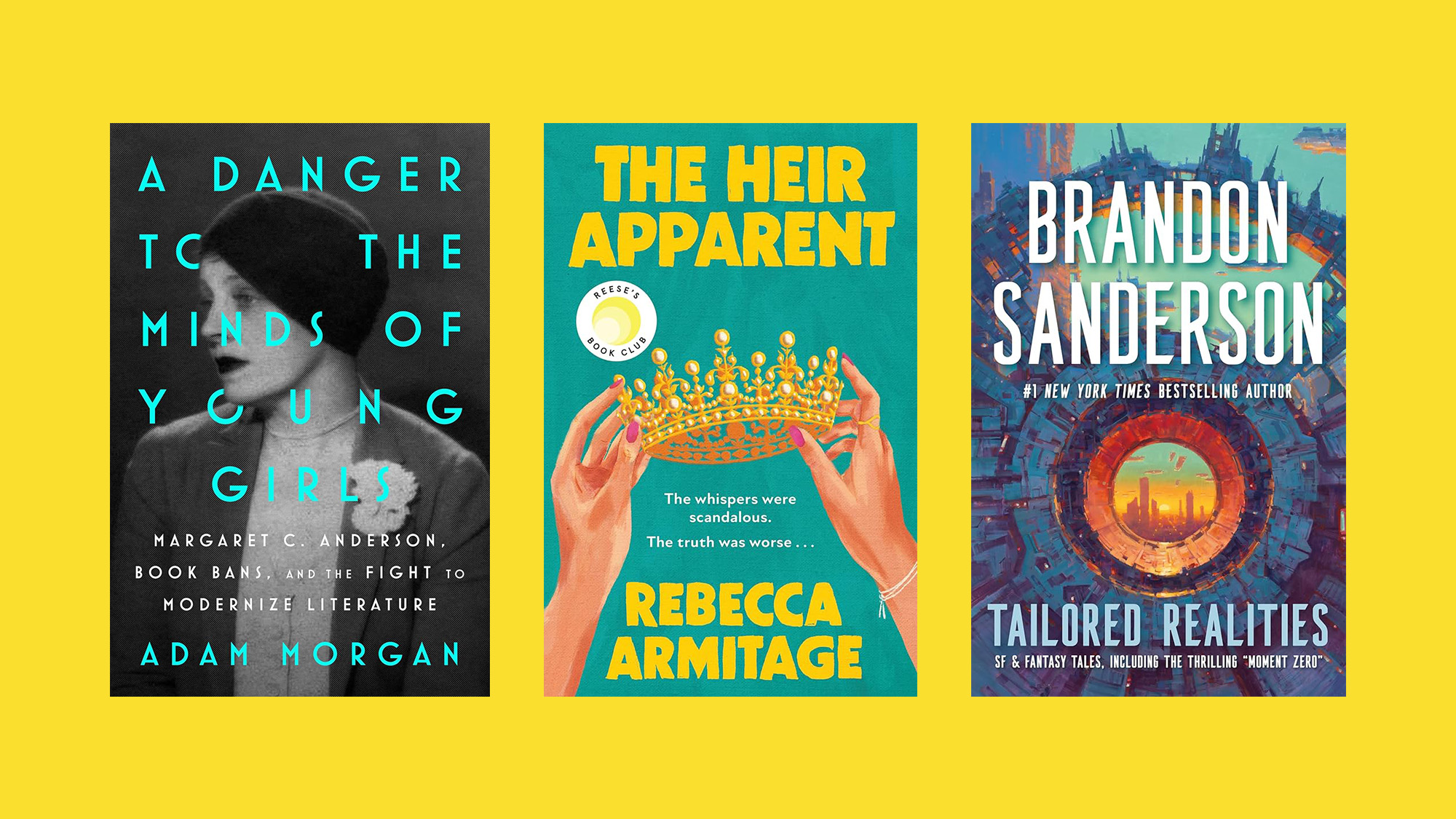 December’s books feature otherworldly tales, a literary icon’s life story and an adult royal romp
December’s books feature otherworldly tales, a literary icon’s life story and an adult royal rompThe Week Recommends This month's new releases include ‘The Heir Apparent’ by Rebecca Armitage and ‘Tailored Realities’ by Brandon Sanderson